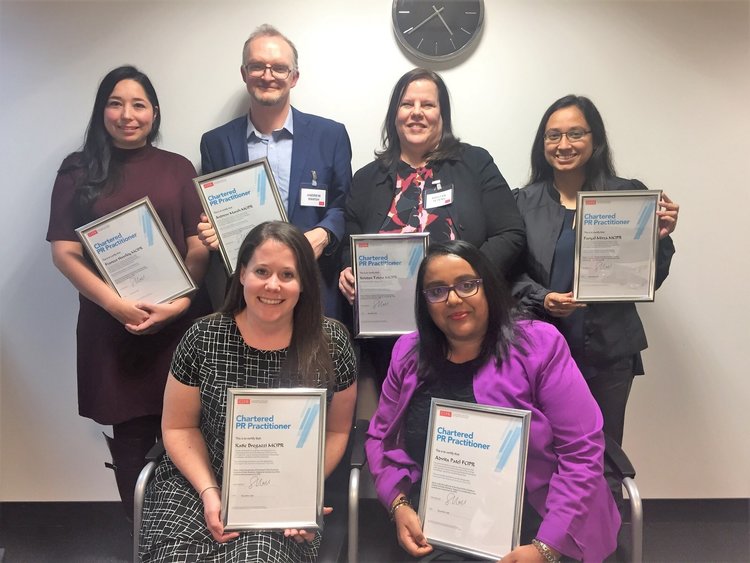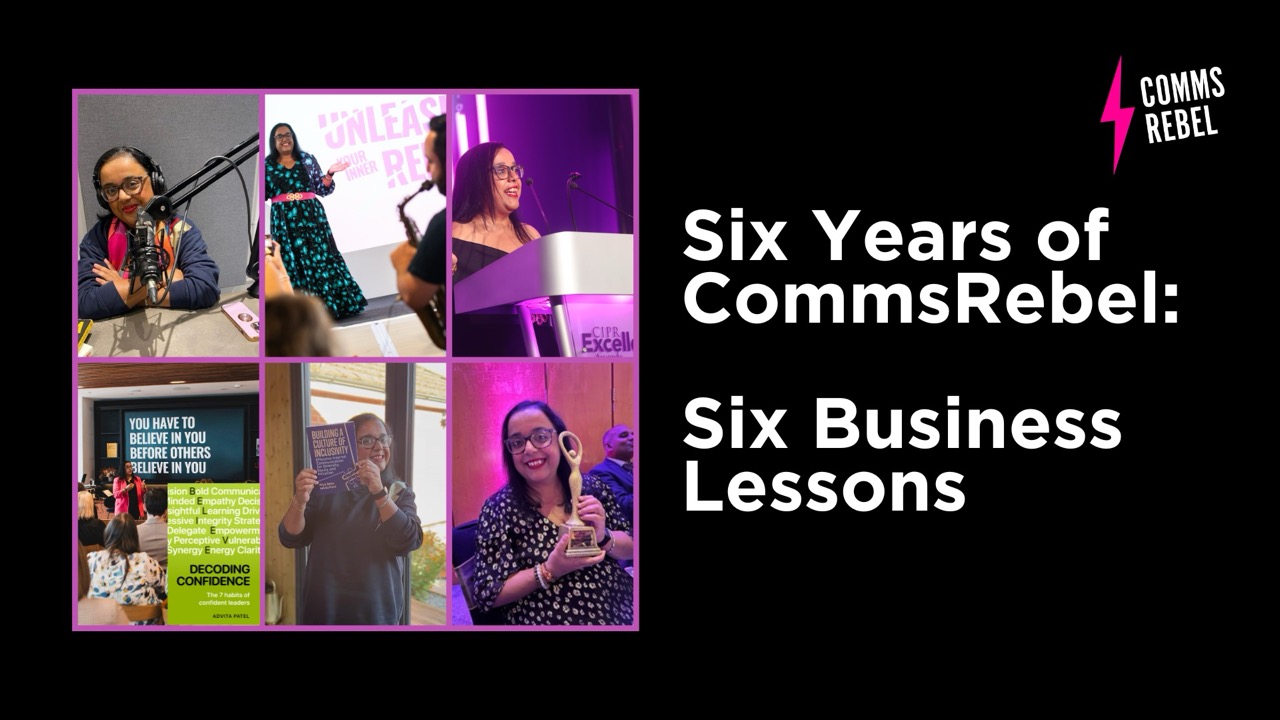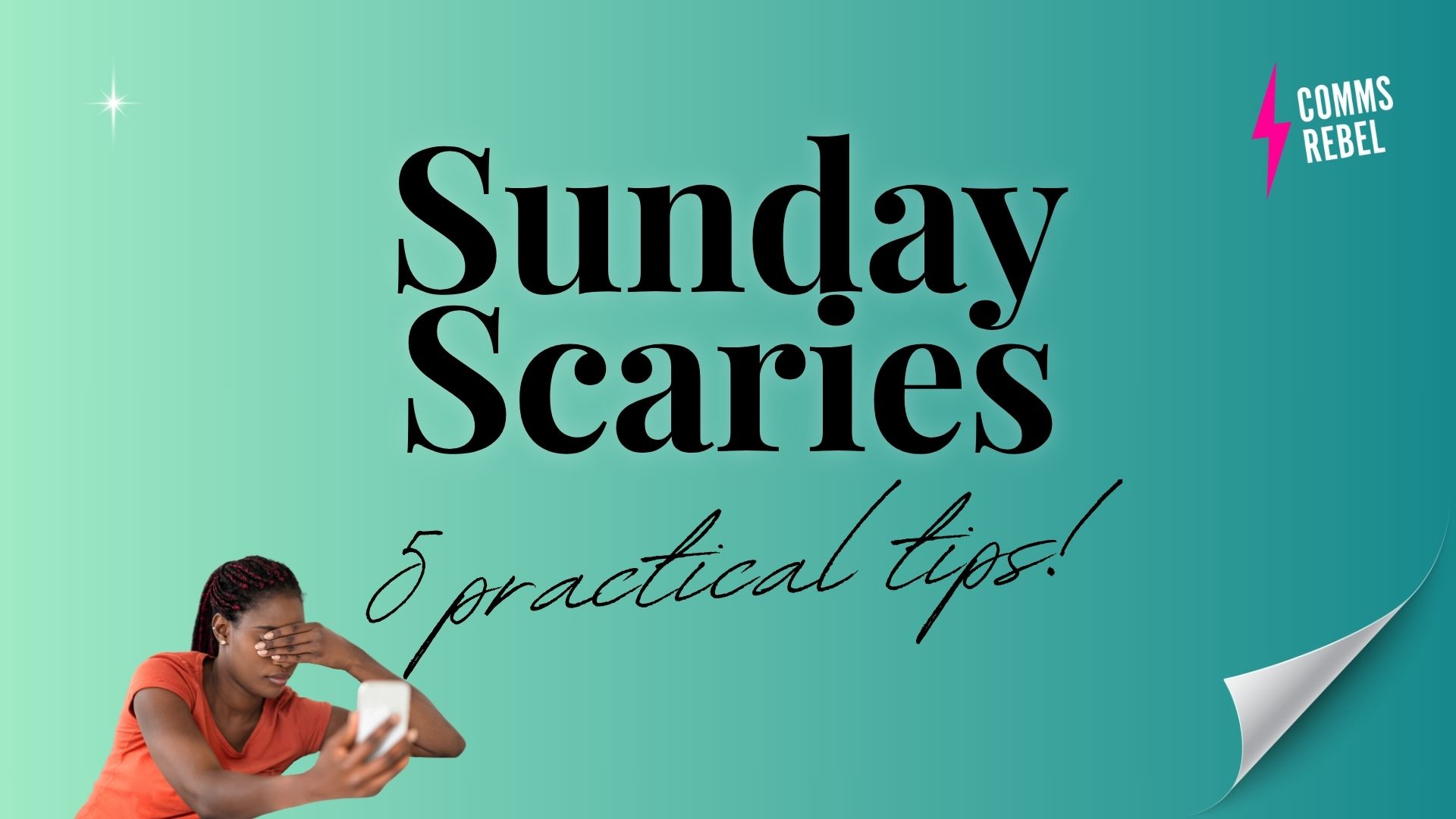Following my CIPR Chartered Practitioner Assessment I thought it might be helpful in answering some questions that people have asked or I’ve asked myself in the past. I really hope that it encourages some of you to take that leap of faith and go for it – it’s honestly one of the best things I’ve done so far.
I don’t feel like I have enough PR experience
As majority of my career has been IC focussed, I felt I didn’t have enough experience in PR to carry me through. It was only after a number of people reassured me that my IC experience was enough did I then feel confident enough to take the plunge. There wasn’t any part of the day where I felt out of my depth or I didn’t know how to approach the situation. In fact in some instances, such as in Ethics, I felt I had some really strong examples due to the roles I’ve worked in. One thing to remember, there are no right or wrong answers – the assessors are looking for how you apply yourself in real life situations and where you can demonstrate that experience.
How much time will preparation take?
Now, not going to lie, you are going to have to focus some time on this. I studied for one full weekend and then probably a few evenings in the week. You have three case studies to review, focussed on ethics, leadership and strategy. I really enjoyed doing the prep as it was interesting to see how I applied my IC work to each question and also having the opportunity to reflect back on my experience was useful. It’s also a good idea to print off your CV as it can really help trigger your memory – a fab tip from Trudy Lewis.
I’ve only worked in comms for a few years is it for me?
The number of years in role should not make a difference, it’s what you’ve done in those years that matters the most. You don’t need to be a director or head of to apply but you will need to give some robust examples under the competencies and how you demonstrate leadership in your role.
I don’t think I’ve got enough variation in my roles
One thing to remember, even if you’ve never experienced a certain situation, the assessors are looking for how you would handle it if you ever did come across it in the future. Also I can pretty much guarantee you are doing yourself injustice (unless you’ve spent your entire career sat mute, typing up notes and doing nothing else) and when you reflect back I can pretty much guarantee you’ll have some good examples for each area.
I don’t actually see the point of Chartership
I truly believe that if we want to see a change in our profession then we need to step outside our comfort zone, start being a bit brave and create a bit of noise. I’ve had so many conversations with IC practitioners who are not taken seriously in their organisation and when asked what they are doing about it, I’m generally met with a blank look. Chartership in PR may not be as big a deal as it is in other industries, such as finance. But it’s still a fairly new concept and there are still only fewer than 300 practitioners chartered so understanding it’s true impact can take a while.
However, the more people who champion it the easier it will be for our profession to have equal footing against other strategic functions such as finance. So you may not see the ‘point’ right now but eventually with enough voices we can start to make a difference in how our profession is perceived and start making some difference across the industry.
It’s too expensive
It’s approximately £400 to get chartered. That’s approximately £1.20 a day, which is cheaper than a cup of coffee but this is a personal decision and something you need to decide yourself whether it’s worth the investment. Investment in personal development is just as important to me as paying my mortgage so I will prioritise it over other things.
Final thoughts…
I know there are some people who may be a bit cynical about Chartership, you may think it’s nonsense or it doesn’t add any value to the profession. That’s absolutely fine, and everyone is entitled to their opinion. But as CIPR UK says: “Chartered status represents the highest standard of professional excellence and integrity. As well as reflecting your breadth of experience and achievements, it shows that you keep pace in a fast-moving profession, updating your knowledge and skills through CPD.” Surely, you can’t argue with that?
Getting chartered has been my aspiration for a couple of years and I’m so proud of myself for finally undertaking the assessment. I owe it to a number of people for giving me that push and believing in me, even when I didn’t, so thank you Trudy, Jenni, Debbie, Katie, Rachel and Martin. Plus to all of you on social who gave me words of encouragement and support, it meant a lot and it gave me the boost I needed.
Here are some great blogs explaining the process in more detail which I found really useful when I was doing some research:
http://www.allthingsic.com/how-to-get-chartered/
http://www.ciprinside.co.uk/getting-chartered-why-i-did-it-and-what-i-will-takeaway-by-jenni-field/
http://www.ciprinside.co.uk/getcharteredfaqs/
http://www.ciprinside.co.uk/getting-chartered-katie-marlow/
https://www.spottydogcommunications.com/2894-2/
And a blog from Ella Minty, giving the assessors view was really helpful: https://influenceonline.co.uk/2017/02/13/chartered-pr-practitioner-assessors-view/
If you have any questions then please do not hesitate to get it touch either via twitter Advita_p or Linkedin https://www.linkedin.com/in/advitapatel/


